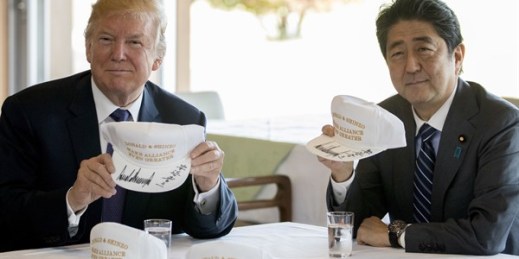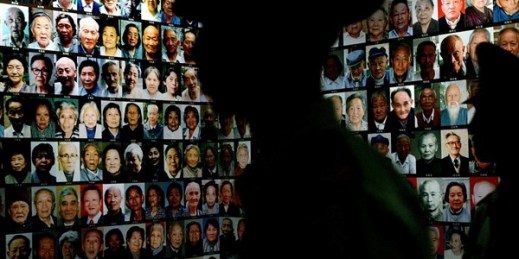
The assassination of Abe Shinzo last week left the world in shock. As Japan’s longest-serving prime minister—having held office from 2006 to 2007 and again from 2012 until 2020—Abe left an indelible and controversial impact on Japanese politics and policy. This was particularly the case in foreign policy. Though he was never able to successfully revise Japan’s pacifist postwar constitution, he did move Japan along the path toward becoming a “normal country,” that is, one able to pursue its interests through all available means, including military force. But one of Abe’s greatest accomplishments, at least in the realm of international […]

